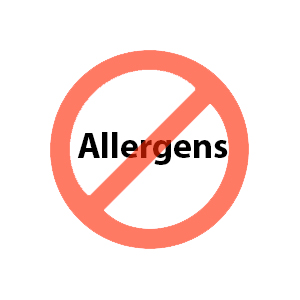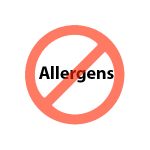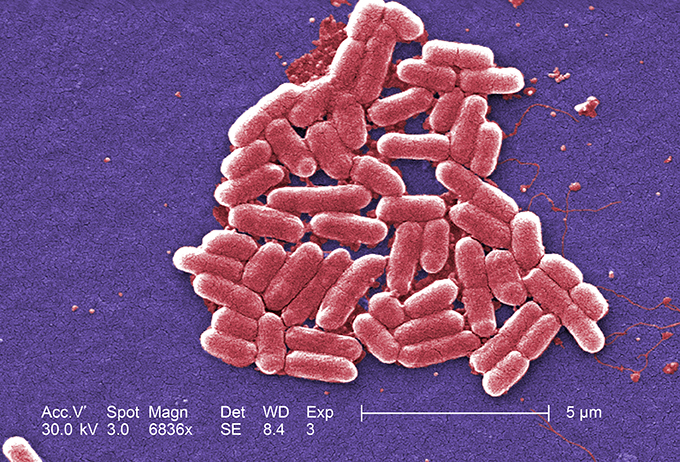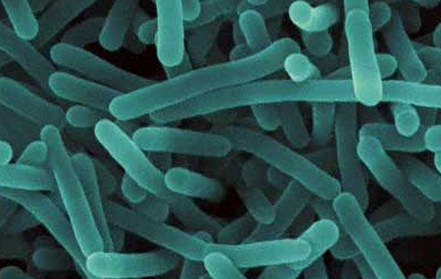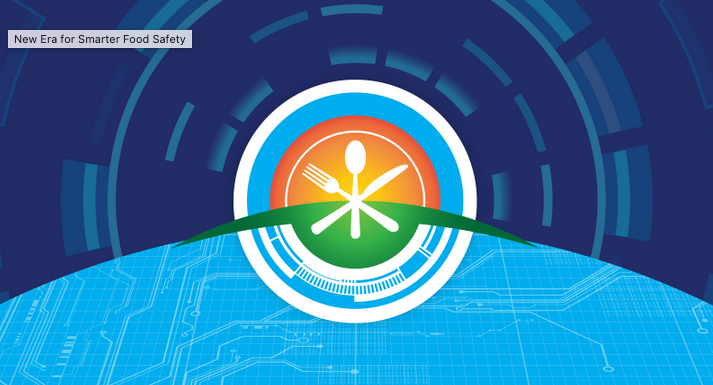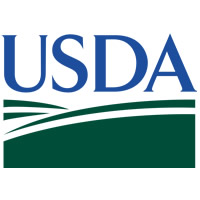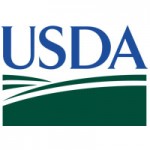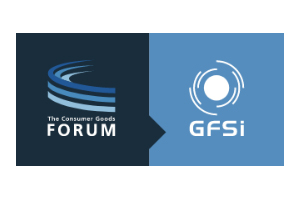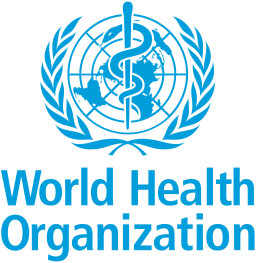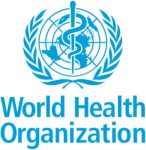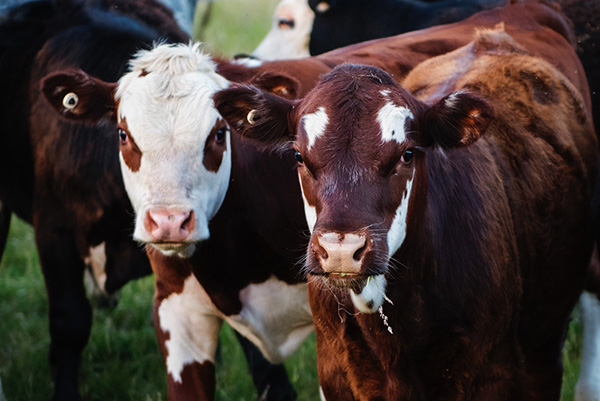The food allergy safety company, MenuTrinfo has selected over a dozen award-winning organizations and brands that made major strides this year to protect the health of consumers with food allergies and food intolerances.
In its eighth year running, MenuTrinfo’s 2024 Allergy Awards expanded from 10 categories to 13, recognizing industry innovators’ dedication to food allergy safety, training, and spreading overall awareness. The competitive selection process kicked off in early May and winners were selected from a public nomination pool of qualified candidates.
“The competition was incredibly stiff this year, which is a major testament to the growing number of unstoppable organizations fighting for the livelihood of 33 million US residents suffering from food allergies,” said Betsy Craig, CEO of MenuTrinfo.
This year’s award categories and winners include:
- Best Overall Food Allergy Program for Universities: University of Maryland
- Best Food Allergy Champion for Universities: Boston College
- Best Food Allergy Training for Universities: Georgetown University
- Best Food Allergy Innovation for Universities: University of Mass at Amherst
- Best AllerCheck™ Marketing Campaign for Universities: Aramark
- Best Food Allergy Advocacy Group: Elijah-Alavi Foundation
- Best Food Allergy Training for Restaurants: Marriott International
- Best Food Allergy Innovation for Restaurants: First Watch
- Best Allergy-Free Bakery: Jennifer Lee’s Bakery
- Best Allergy-Free Cereal: Safe & Fair
- Best Allergy-Free Blogger: The Allergy Chef
- Best Allergy-Free Snack Food: Free2b
- Best Allergy Free Dry Mix: gf Jules
MenuTrinfo is dedicated to ensuring safe food service by providing allergen and nutritional information for restaurants, universities, and brands across the United States. Based in Colorado, this woman-owned company also helps manufacturers provide product transparency to today’s food allergic consumer through the accredited Certified Free From™ program.
MenuTrinfo’s ANAB accredited AllerTrain® program has trained over 100,000 participants internationally, including food service staff members from restaurants, universities, and more. MenuTrinfo’s college map lists all AllerTrained campuses, including the University of Maryland (UMD).
UMD Dining Services was recognized as this year’s ‘Best Overall Food Allergy Program for Universities’ for their efforts to communicate and make accommodations for the 1,600 self-reported UMD students with allergies and intolerances. The UMD Dining Services Food Allergy program is spearheaded by Nutritionist & Certified Allergen Trainer, Sister Maureen Schrimpe, Executive Allergen Chef, Chris Inboden, and Senior Executive Chef, John Gray.
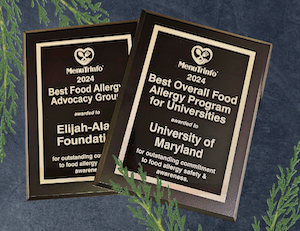
For Thomas Silvera, Co-Founder and Vice President of the Elijah-Alavi Foundation, the ‘Best Food Allergy Advocacy Group,’ This recognition amplifies the voices of those living with life-threatening food allergies, highlighting their struggles and advocating for their needs. The Elijah- Alavi Foundation is a non-profit offering diverse food allergy and asthma resources for childcare facilities, daycares and schools, regardless of socio-economic status, cultural background, or socioeconomic class.
“This award not only acknowledges our hard work and dedication but also reinforces our commitment to raising awareness and advocating for those affected by food allergies, especially within underserved communities. I dedicate this honor and award to my son, Elijah-Alavi, and to everyone who believes in the work we do,” said Silvera.

